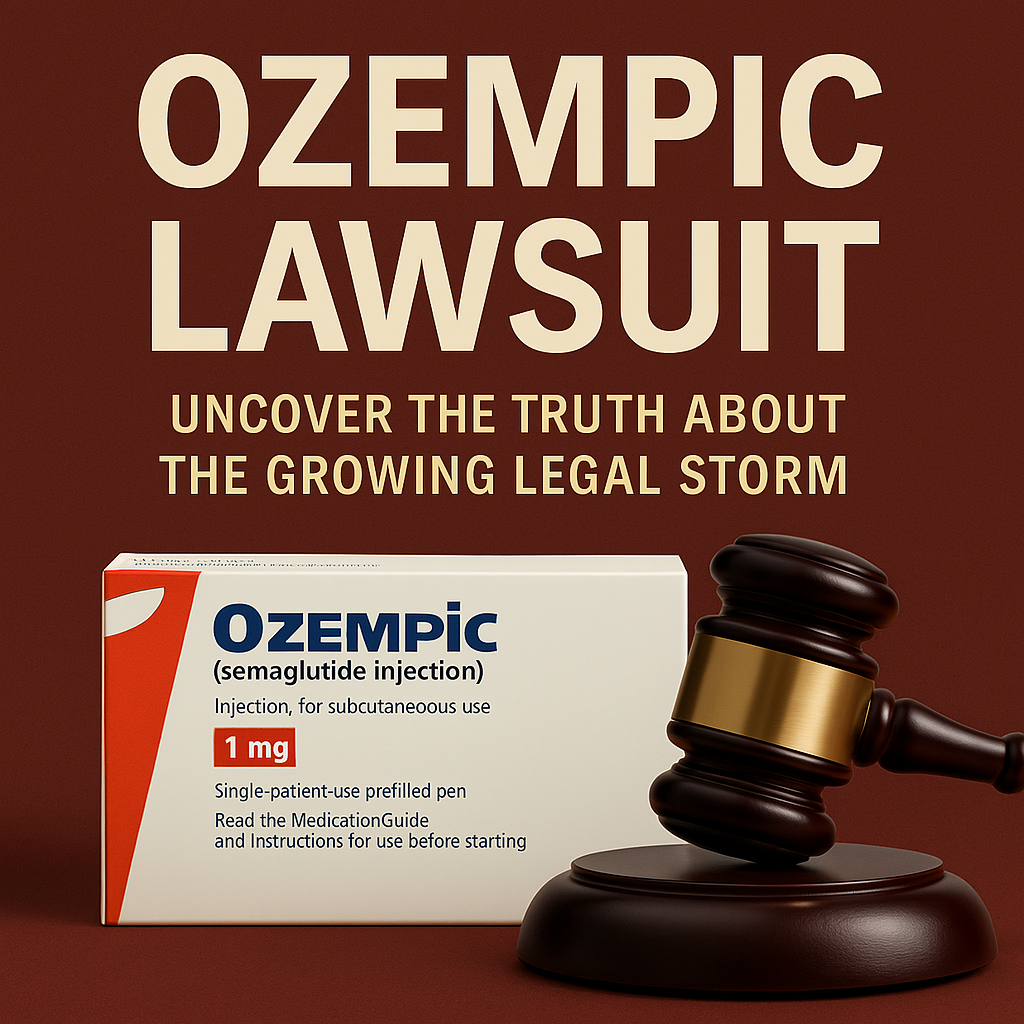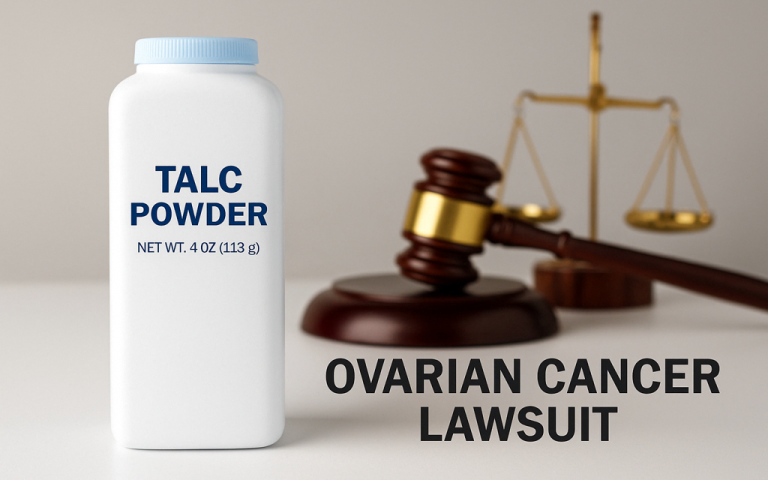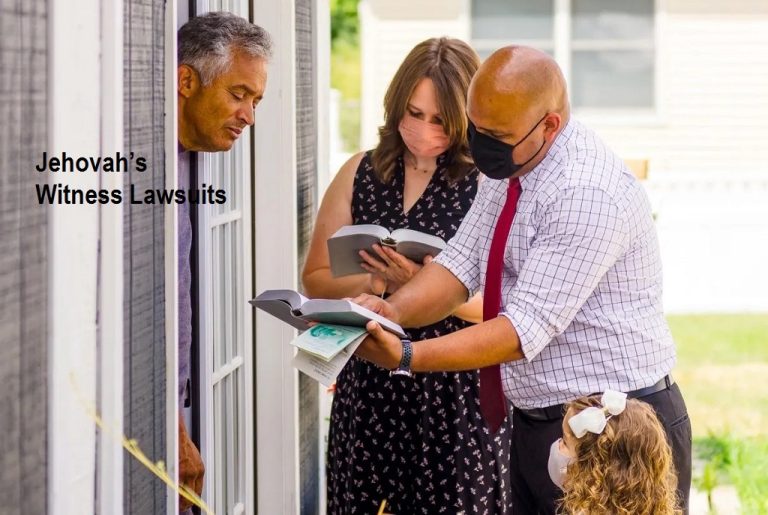Ozempic quickly gained attention as a groundbreaking medication for type 2 diabetes. Many also used it off-label for rapid weight loss. At first, the drug showed promise. Both patients and doctors celebrated the visible results.
However, the excitement soon turned into concern. A growing number of users reported life-altering side effects. Now, the term “Ozempic lawsuit” dominates legal headlines. Thousands are demanding answers—and justice. This article explores what triggered the lawsuits, what is being alleged, and what could happen next.
What Is Ozempic and Why Was It Prescribed?
Ozempic, a brand name for semaglutide, helps control blood sugar in type 2 diabetes patients. It mimics a hormone that stimulates insulin while suppressing appetite. Initially, patients experienced better blood sugar control and often reported weight loss.
But problems followed. Reports surfaced about severe gastrointestinal issues, frequent vomiting, and organ complications. What started as a solution for better health became a source of medical concern. Patients trusted the drug. Some now suffer permanent harm.
Serious Allegations Behind the Ozempic Lawsuit
The heart of the Ozempic lawsuit lies in what patients say they were not told. While the drug offered benefits, the growing legal action points to information gaps that may have put lives at risk. Below are the core allegations being examined in court.
Failure to Warn About Gastroparesis
One major claim is that the drug’s warning label lacked clarity. Plaintiffs argue that Novo Nordisk, Ozempic’s maker, failed to clearly list the risk of gastroparesis—or stomach paralysis. This condition can be painful, difficult to diagnose, and life-altering.
Downplaying Severe Side Effects in Marketing
Marketing materials allegedly emphasized weight loss while ignoring the drug’s risks. Ads portrayed the medication as safe and transformative. Many patients claim they weren’t told the full story.
Ignored Internal Warnings
Court filings suggest that internal documents may show the company had early knowledge of the risks. Critics say these warnings were never shared with regulators or the public.
Incomplete Guidance for Doctors
Physicians say they were not provided with comprehensive safety information. Many did not know how severe the side effects could become until their patients experienced them firsthand.
Lack of Transparency to Patients
Patients claim they weren’t fully informed. They used Ozempic believing it was safe, unaware of the long-term risks. This lack of transparency is now a central point in the lawsuits.
These allegations go beyond mild complaints. They raise serious questions about the company’s ethics and transparency. As the lawsuits proceed, courts will investigate what Novo Nordisk knew—and when.
Alarming Side Effects Spark Legal Claims
The side effects tied to the Ozempic lawsuit are not minor. Patients report experiencing severe health problems that have altered their daily lives. Many of these issues required hospitalization or surgery. Here are the most cited side effects, now expanded for clarity:
- Gastroparesis (Stomach Paralysis): This slows or halts digestion. It causes bloating, pain, nausea, and vomiting that can last for days.
- Persistent Nausea and Vomiting: Users say they experienced relentless nausea. Some vomited even when they hadn’t eaten.
- Severe Dehydration: Vomiting and poor digestion led to fluid loss. This resulted in fatigue, dizziness, and urgent medical visits.
- Blocked Intestines: Some patients developed bowel blockages, requiring surgery or long-term treatment.
- Gallbladder Issues: The drug has been linked to gallbladder inflammation and gallstone formation.
- Pancreatitis: Inflammation of the pancreas caused intense abdominal pain and required hospitalization.
- Vision Changes: Some users reported blurred vision and difficulty focusing, possibly linked to blood sugar fluctuations.
Why Patients Are Filing an Ozempic Lawsuit
The lawsuits are about more than discomfort. They are about trust—and betrayal. Plaintiffs argue that they were not warned about the drug’s true risks. They say the company failed in its legal duty to disclose side effects fully.
Claims often include:
- Failure to Warn: Patients believe the label didn’t explain the full dangers, especially of gastroparesis.
- Deceptive Marketing: Promotional materials are accused of making the drug look safer than it is.
- Lack of Transparency: Allegedly, the company did not disclose internal findings that could have warned users.
- Neglecting Patient Complaints: Early complaints may have been ignored instead of investigated.
Each of these issues builds a strong legal case. Together, they highlight possible corporate negligence.
What Is Gastroparesis and Why Does It Matter?
Gastroparesis is a condition where the stomach takes too long to empty its contents. This creates major health issues. Food sits undigested, which causes bloating, nausea, and pain. Some patients experience vomiting multiple times a day.
It also leads to serious complications, including:
- Malnutrition: Patients cannot absorb nutrients properly.
- Weight Loss: Unintentional and severe weight drops are common.
- Low Blood Sugar: Delayed food digestion causes glucose dips.
- Hospital Stays: Many patients are admitted repeatedly for treatment and symptom control.
Those affected say Ozempic made their lives unmanageable. The drug meant to help ended up hurting them.
How Many Lawsuits Have Been Filed So Far?
As of April 2025, over 1,600 lawsuits have been filed. These are consolidated into MDL 3094 in Pennsylvania. MDL stands for multidistrict litigation. It combines similar cases to streamline legal procedures.
This MDL doesn’t just cover Ozempic. It may include other semaglutide drugs like Wegovy. Grouping the cases speeds up the process and helps identify common facts. It also means that bellwether trials will guide future settlements.
What Happens Next in the Ozempic Lawsuit?
The court will start with bellwether trials. These test cases show how juries might react. If plaintiffs win early, Novo Nordisk may settle to avoid more trials. If not, the litigation could stretch on for years.
Right now, attorneys must define how to prove gastroparesis legally. This will shape how strong each case is. The outcome could impact future drug lawsuits industry-wide.
What Does Novo Nordisk Say About the Ozempic Lawsuit?
Novo Nordisk has denied all wrongdoing. The company says Ozempic is safe and effective when used correctly. It insists that all proper warnings appear on the label. They claim doctors and patients had fair access to safety information.
Critics disagree. They argue that risks were buried in technical language or minimized. As the trial unfolds, these positions will clash in court. The final outcome could reshape how drugs are labeled and sold.
How the Lawsuit Could Change the Drug Industry
This legal battle could affect far more than Ozempic. Other pharmaceutical companies are watching closely. The case may become a blueprint for future litigation.
Possible outcomes include:
- Stricter Label Requirements: Companies may need to disclose risks more clearly.
- More Clinical Trials: Extra safety research could become mandatory before approval.
- Quicker Action on Side Effects: Regulators may respond faster to early patient complaints.
- Higher Legal Risk for Firms: Lawsuits could become costlier, pushing for better transparency.
If plaintiffs succeed, industry standards could shift dramatically.
Are You Eligible to Join the Ozempic Lawsuit?
Not everyone can file a claim. Lawyers typically look for specific proof. You may qualify if you have:
- Documented Ozempic Use: Prescription history is required.
- Medical Records of Injury: This includes reports of side effects or complications.
- Evidence of Hospitalization or Surgery: Any treatments related to drug use support your case.
- A Clear Symptom Timeline: Lawyers will want to link symptoms directly to the drug.
Most law firms offer free consultations. They work on contingency, meaning you don’t pay unless you win.
What Should Current Users Do Now?
Many still use Ozempic safely. However, staying alert is key. Users should talk to their doctors about any new symptoms. Early detection can prevent complications.
Watch for signs such as:
- Persistent nausea or vomiting
- Bloating that won’t go away
- Unexpected weight loss
- Digestive discomfort or pain
If symptoms appear, consult a doctor immediately. You may need to switch medications or undergo testing. Don’t ignore early warning signs.
Conclusion: Ozempic Lawsuit and the Future of Drug Safety
The Ozempic lawsuit reveals serious gaps in drug safety oversight. It shows what can happen when warnings are vague or ignored. As thousands pursue justice, their cases raise questions that reach far beyond one medication.
This lawsuit could bring more than compensation. It could lead to real reform. Drug makers may need to change how they test, market, and disclose risks. Most of all, this case reminds us that patients deserve full transparency. The stakes are high—and so are the consequences.
Ayesha Awais is a content writer for JudicialNexus.com, covering accident reports, injury-related news, lawsuits, and public safety updates. All content is informational in nature and based on publicly available sources.




